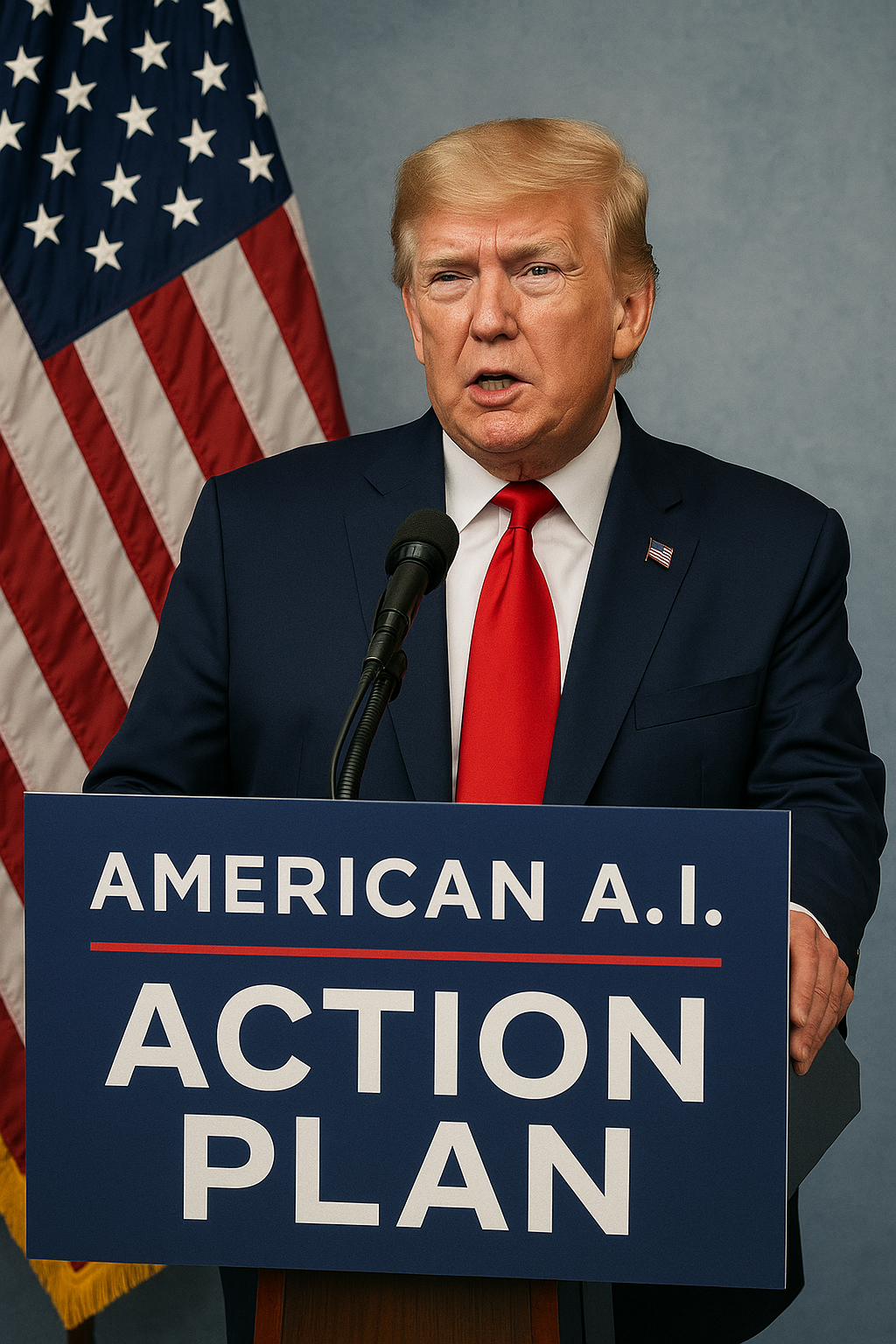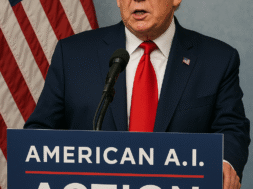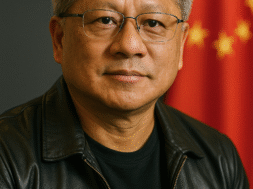
Trump Cracks Down on ‘Woke AI,’ Launches Bold Action Plan to Lead Global AI Race
Former U.S. President Donald Trump has unveiled a sweeping national strategy to assert American dominance in artificial intelligence, vowing to eliminate “woke AI” models from federal use and transform the U.S. into a global AI export leader. This initiative was marked by the signing of three executive orders focused on AI development, neutrality, and innovation.
A key directive, titled “Preventing Woke AI in the Federal Government,” declares that public institutions must avoid AI systems that prioritize ideological bias over factual accuracy. It specifically calls out diversity, equity, and inclusion (DEI) principles as incompatible with reliable AI outputs, labeling them among the most harmful ideologies influencing model design.
According to the order, large language models (LLMs) used by federal agencies must remain nonpartisan, neutral, and rooted in truth, only reflecting ideological stances when explicitly prompted by users. The concern stems from a belief that embedding DEI into AI systems leads to distortion, discrimination, and politically skewed outcomes—especially regarding race, gender, and sensitive historical topics.
Without naming examples directly, the order alludes to incidents where AI tools altered the perceived race or gender of prominent historical figures, sparking debates around factual integrity. It urges federal procurement of AI that favors objectivity, scientific rigor, and historical precision, rather than promoting social ideologies.
On the same day, Trump signed additional orders aimed at reducing regulatory hurdles to speed up AI innovation and launching the “American AI Exports Program” to support the deployment of U.S. AI technologies abroad. These measures form part of the “Winning the AI Race” strategy, which outlines 90 federal initiatives across innovation, infrastructure, and global leadership in AI.
The announcement coincides with rising concerns over political bias in mainstream AI tools. Recent controversies involving AI company xAI’s chatbot, Grok—promoted as “anti-woke”—have fueled debates about how AI models reflect ideology. Allegations of offensive content, errors in judgment, and controversial branding have led to public outcry and increased global scrutiny.
Despite these developments, the U.S. still lacks a unified federal framework for governing generative AI, unlike several regions worldwide that are moving quickly to regulate the growing technology.













